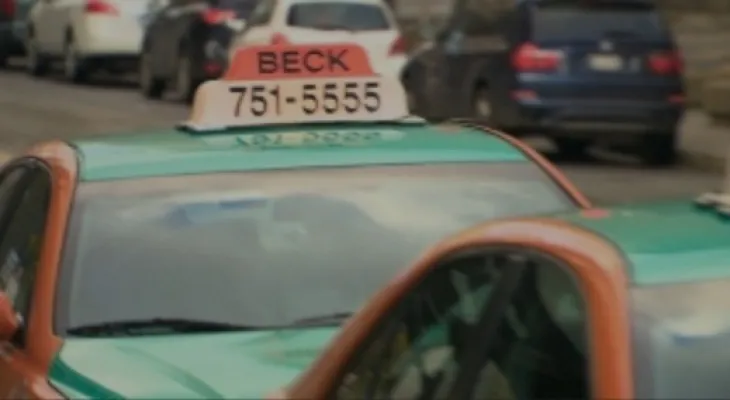Search here
Newspaper
Search here

Arab Canada News
News

Published: October 1, 2023
Taxi companies in the Greater Toronto Area are speaking out against the city council's intention to mandate zero-emission taxis and ridesharing by 2031, a move that one entrepreneur said would "destroy many drivers' livelihoods."
On September 21, Toronto City Council discussed a proposal that would require most hired vehicles to use zero-emission vehicles by 2031, with a one-year grace period for drivers who are gradually phasing out hybrid vehicles.
This policy will also bring with it an expanded network of electric vehicle charging infrastructure throughout the city, as well as one-time grants for some taxi companies to replace their fleets with approved vehicles.
For his part, Abd al-Mahmoud, the CEO of Co-op Cabs, a Toronto-based taxi company, said that while the legislation may "sound great," it is likely to "eliminate a lot of jobs."
Mahmoud believes that this policy is likely to particularly harm drivers working for ridesharing companies like Uber, which employs over 100,000 drivers across the country, as Uber drivers in the Greater Toronto Area—specifically Toronto, Mississauga, Oakville, and Brampton—are required to drive a vehicle that is less than seven years old, a restriction that limits low-income drivers' ability to earn money through the app.
Additionally, adding the zero-emission requirement—which adds a higher price tag for a new car—could further exclude more potential drivers from Toronto's large business economy.
Kristin Hubbard, the operations manager at Beck Taxi, agrees, stating in an interview: "We have shared our thoughts on this matter openly with the city."
Moreover, according to Hubbard, it would be almost impossible to obtain the necessary insurance to operate electric vehicles as taxis for an entire city fleet applying at the same time. She said the insurance gap can be attributed to the relatively new project of electric cars, which requires specialists even for minor repairs and maintenance.
She added, "If thousands of Uber and taxi vehicles have to upgrade at the same time, there could be a waiting list that extends over two years." "It's a disappointing policy and has potentially devastating impacts."
Comments